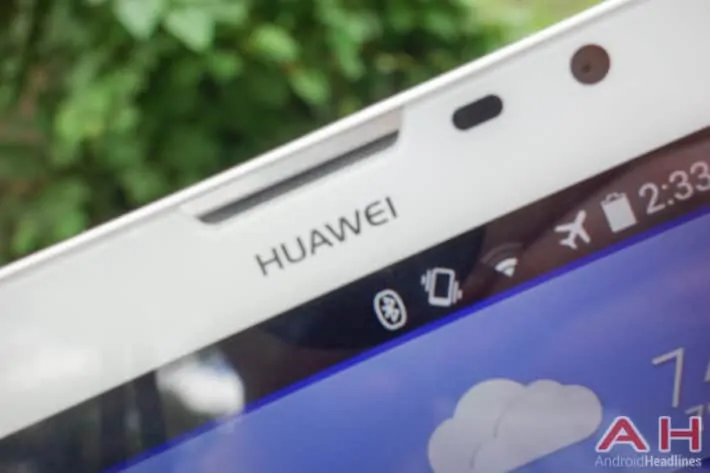The smartphone market may seem to be slowing down as growth in the market becomes more difficult. Most markets, like the US or China, Smartphones are already everywhere, which actually makes it difficult to sell more. However the theme of 2014 for many original equipment manufacturers or OEMs, has been “emerging markets”. OEMs have dedicated more time and effort to emerging markets since there is plenty of room for growth. One company that has taken full advantage of this opportunity for growth has been Huawei. On the global scale, Huawei is the number three device manufacturer, and they could quite possibly knock Samsung down to the number three spot, and become the world’s number two device manufacturer.
While Huawei is not a very well known company in the US, they are very popular in emerging markets. This is due to their comfortability in making budget friendly devices, and the rate at which emerging markets are turning in their “dumb phones” and upgrading to smartphones. The main emerging markets that Huawei has been focusing on is Africa, the middle east and Latin America. In fact, during the second quarter of 2014, Huawei’s market share rose from 4.3% to 6.9%. Interestingly enough, Samsung’s market share has dropped from 32% to 25%. Part of the reason for the jump for Huawei is the 95% increase in device shipments. Using these numbers and some research in the markets, analysts say that Samsung’s biggest threat is actually Huawei. Both OEMs are competing across many price points as well as in the Android space. Huawei’s head of consumer business group, Richard Yu sat down with the Wall Street Journal for an interview in regards to the rapid growth.
During the interview, Yu was asked many questions in regards to the past and future of the company. Yu expressed excitement about the state of the smartphone industry. “The whole industry is consolidating and some global vendors are disappearing. But even though most vendors are suffering, Huawei is growing, not only in terms of shipments and revenue, but also profit.” According to Yu, Huawei shipped 52 million smartphones last year, and are on aiming to ship 80 million devices this year.
Yu claimed during the interview that using the communications network building history of Huawei, they have been able to build devices unlike other OEMs. This is how they’ve been able to compete at all with brands that are more well-known. “Because we have that technology, we can make our mobile devices work better when they connect to the networks.” Yu said. Although their devices may connect better to some networks, another big challenge for Huawei is making devices that consumers want to use. One of the biggest factors is software, which can make or break a sale on any device. “We have tried using the Windows Phone OS, but it has been difficult to persuade consumers to buy a Windows phone.” Instead, Huawei has turned Android into their main focus. Yu spoke about concerns surrounding using only one OS, however he states there are no real alternatives, and when it comes to Samsung developed Tizen, “We have no plans to use Tizen.” Yu continued to say, “We feel Tizen has no chance to be successful.”
Another Chinese company that Huawei competes with is Lenovo, who is in the process of finishing up an acquisition of Motorola Mobility. When asked if Huawei is looking to follow suit and acquire another business, Yu said “Lenovo may gain market share with Acquisitions, but different companies have different approaches.” Yu continued to say, ” We invest more in research and development…Without investing more in R&D, you can’t bring better products and more value to consumers.”
